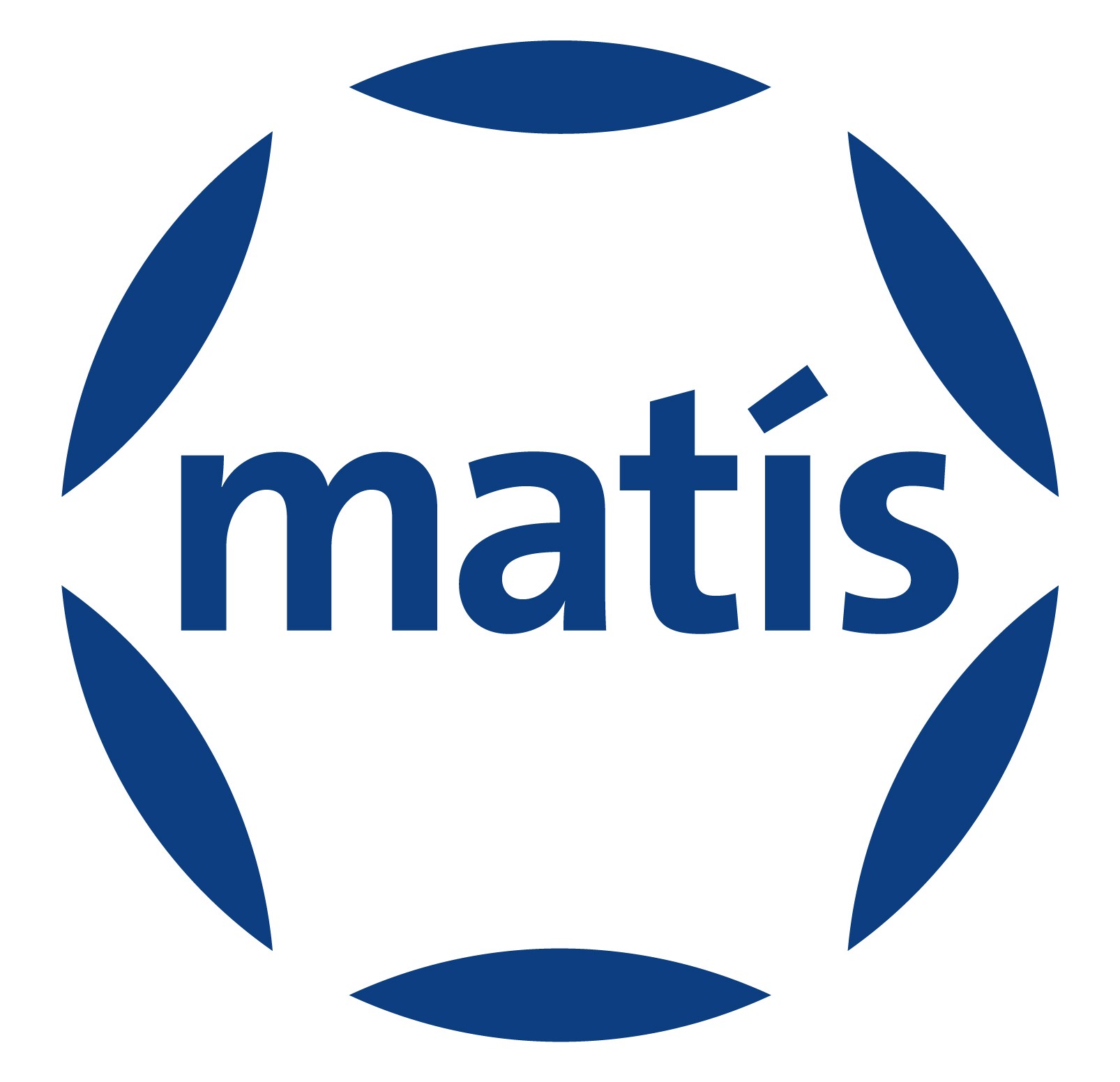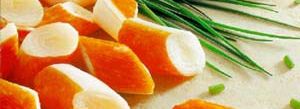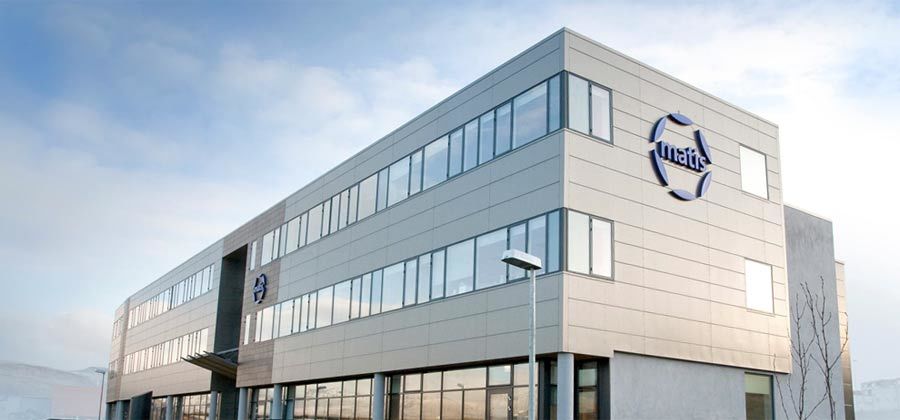Increased profitability of fishing and processing - FisHmark: Icelandic software
Nú er tilbúin frumgerð að hugbúnaði fyrir sjávarútvegsfyrirtæki sem leggur til hagkvæmasta fyrirkomulagið í veiðum og vinnslu á fiski, getur […]
Increased profitability of fishing and processing - FisHmark: Icelandic software Nánar »




